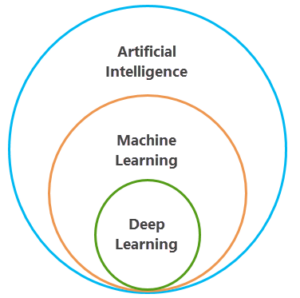What will you learn
In this course, you’ll develop a deep, working knowledge of spatial data science and how to apply it in ArcGIS Pro. Through guided instruction and hands-on exercises, you’ll learn how to uncover spatial patterns using techniques like kriging and point pattern analysis. You’ll explore how to use machine learning—specifically classification, regression, and clustering—to analyze geospatial data and make informed predictions.
As the course progresses, you’ll build predictive models that help forecast spatial trends, based on current and historical data. You’ll also get practical experience with network analysis, an essential method for optimizing routes and understanding how locations are connected—particularly useful in fields like logistics and transport planning.
Data visualization plays a key role, and you’ll become confident designing maps and dashboards that make complex findings clear and accessible. By combining analysis with storytelling, you’ll learn to communicate your insights in a way that drives action.
By the end of the course, you’ll be equipped to solve complex spatial problems and present your results effectively—turning raw data into real value for your organization or community.
Why choose this course
Geo-ICT’s course stands out because it focuses on real skills, real tools, and real-world application. Here’s why it’s a smart investment in your future:
- We focus on learning by doing, with hands-on projects based on real geospatial datasets.
- You’ll be taught by industry experts who combine deep technical knowledge with practical experience.
- You’ll master ArcGIS Pro, one of the most advanced and widely used platforms for spatial analysis.
The course is flexible, with a structure that fits your learning style and pace.

